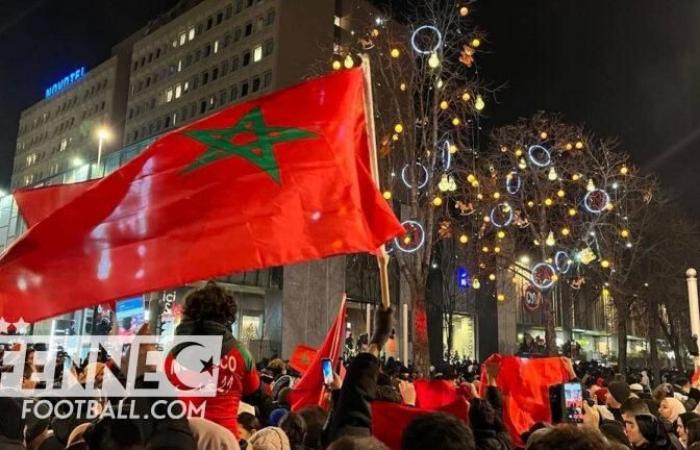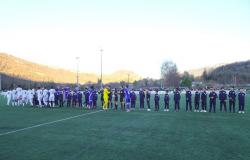Algeria Football– Morocco is experiencing an exceptional period in the history of its football. The awarding of the organization of the 2030 World Cup to a trio composed of Morocco, Spain and Portugal represents a decisive step for the Kingdom. This decision, validated in October 2023 by FIFA, realizes a dream of several decades and opens up unprecedented economic, diplomatic and cultural perspectives.
A major economic opportunity
The organization of the 2030 World Cup offers Morocco a unique platform to attract foreign investment. By positioning itself as co-host of this prestigious competition, the Kingdom is banking on the development of its sports and transport infrastructure. Projects already underway, such as those initiated for the 2025 Africa Cup of Nations, are the prelude to large-scale national transformation.
Large Moroccan cities, such as Casablanca, Marrakech, Rabat and Tangier, will directly benefit from this dynamic. Infrastructure renovations, improvement of roads, airports, as well as strengthening of public transport are on the agenda. Ultimately, these initiatives will boost tourism and create thousands of jobs, both in the sports sector and in related fields.
Strengthening relations with Spain and Portugal
The joint organization with Spain and Portugal symbolizes a new era of regional cooperation. Historically marked by tensions, relations between Morocco and its Iberian neighbors are experiencing a notable evolution thanks to this common project. This is a strategic rapprochement that could lead to lasting economic and cultural partnerships.
This “Mediterranean triangle” will become a unique center of cooperation, where joint projects in energy, trade and even tourism could see the light of day. This collaboration goes beyond the sporting framework to become a real diplomatic lever.
A cultural and symbolic impact
Beyond the economic aspects, this edition of the World Cup will have a strong symbolic significance. By bringing together Africa and Europe in a common competition, the 2030 World Cup embodies unity and diversity. It is a celebration of the universal values of sport, while highlighting the historical and cultural links between the two shores of the Mediterranean.
Morocco, which will become the second African and Arab country to host the World Cup after South Africa in 2010 and Qatar in 2022, will consolidate its status as regional leader. This enhanced visibility will also help promote Moroccan traditions to a global audience.
Also read:
World Cup: France blocks the road to Algeria (OFFICIAL)






